The First Notice of Loss (FNOL) is a critical touchpoint in the insurance customer journey. It’s often the first interaction a policyholder has with their insurer after an incident, and their experience during this process can significantly impact their overall perception of the insurer. In today’s digital age, insurers have an opportunity to revolutionize the FNOL process, making it more customer-centric, efficient, and effective.
A digital FNOL process can be designed to offer customers an intuitive, easy-to-use platform where they can report incidents quickly and accurately. This platform, typically accessible via a mobile app or online portal, should guide customers through the reporting process, prompting them to provide essential information about the incident. It should also allow them to upload relevant documents, photos or videos directly, significantly reducing the need for follow-up communications and speeding up the claims process.
AI-powered chatbots can enhance the digital FNOL experience by providing real-time assistance to customers as they navigate the reporting process. These virtual assistants can answer common queries, clarify doubts, and provide reassurances, ensuring that customers feel supported throughout.
The digital platform should also allow customers to track the progress of their claims in real-time. Transparent updates on claim status, next steps, and estimated timelines can go a long way in assuaging customer anxiety during what can be a stressful time.
Integrating telematics data can further refine the digital FNOL process for auto insurance claims. With customer consent, insurers can access real-time data from connected vehicles, gaining immediate, accurate insights into the incident. This can streamline the claims process and potentially expedite settlements.
From the insurer’s perspective, a digital FNOL process can automate claim routing based on the type and complexity of the claim. Simpler claims can be fast-tracked through an automated process, while complex claims are directed to human adjusters for more detailed investigation. This improves operational efficiency and allows adjusters to focus their efforts where they are most needed.
Data security and privacy should be paramount in the design of the digital FNOL process. Robust encryption and stringent data handling protocols should be implemented to protect sensitive customer data.
In conclusion, a well-designed digital FNOL process can provide customers with a seamless, efficient, and supportive experience during a stressful time. By adopting digital technologies and putting the customer at the center of the FNOL process, insurers can improve customer satisfaction, streamline operations, and differentiate themselves in an increasingly competitive market.
Get in Touch
We're here to answer all your queries. Reach out to us to accelerate your business



